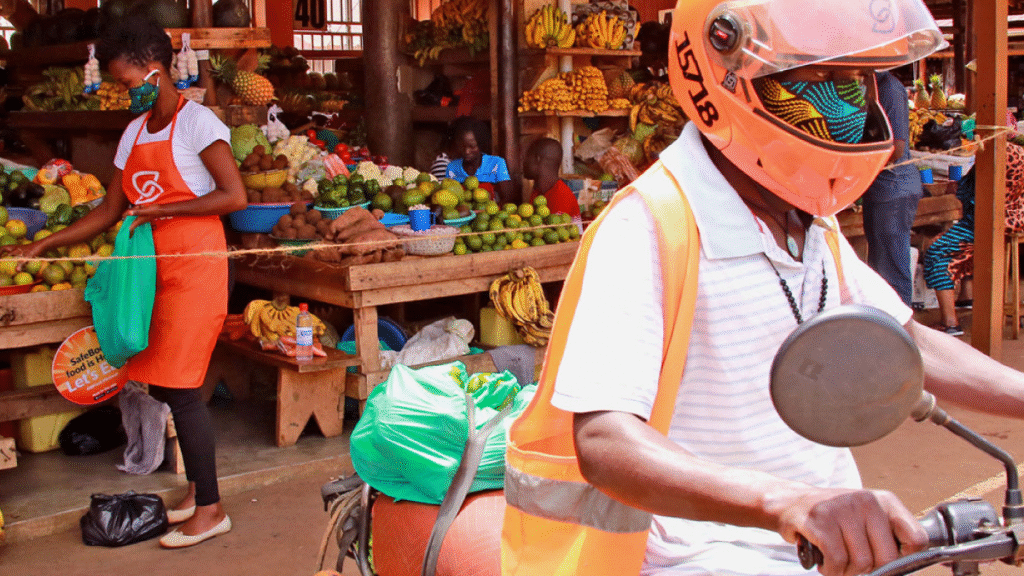
Uganda has recorded a sharp rise in household spending over the past seven years, with new data showing that business-to-consumer transactions have almost tripled as digital platforms reshape how citizens consume goods and services.
According to the latest findings from the Uganda Bureau of Statistics (UBOS), household expenditure increased from UGX 34.2 trillion in the 2016/17 financial year to UGX 77.4 trillion in 2023/24. UBOS officials say the trend reflects both rising demand and the growing influence of digital technologies across the economy.
Spending on food and beverages grew from UGX 15.2 trillion to UGX 26.7 trillion, remaining the largest share of household consumption. Expenditure on nondurable goods and frequently used services surged from UGX 10.8 trillion to UGX 28.2 trillion, while interest in durable goods also rose sharply, moving from UGX 9 trillion to UGX 22.6 trillion during the same period.
UBOS noted that although still a small portion of total household spending, online consumption is gaining momentum. Online purchases of nondurable goods and services climbed from UGX 25.4 billion to UGX 115.7 billion, while online spending on durable goods increased from UGX 14.2 billion to UGX 55 billion. Digital food and beverage purchase also saw notable growth, rising from UGX 1 billion to UGX 18.1 billion.
Experts say the data highlights the rapid evolution of Uganda’s consumer behaviour, with digital platforms contributing to faster, more convenient purchasing options. UBOS has called for stronger investment in digital infrastructure and improved measurement frameworks to keep pace with this economic shift.
The findings come as Uganda continues to push forward with its digital transformation agenda, with policymakers viewing the rise in household consumption as an indicator of an increasingly active and modernising economy.